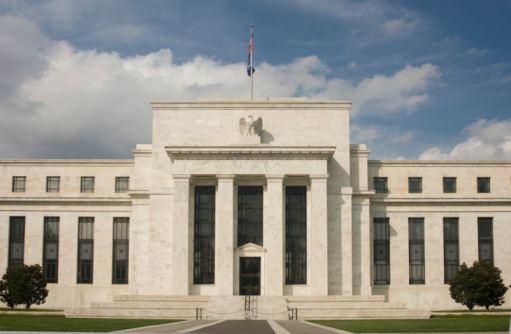Banking, finance, and taxes
Bank of England Begins to Mirror U.S. Federal Reserve: Bernanke and Carney Ventriloquism
Published:
This should sound familiar to you: “We are tying shot-term interest rates to the unemployment rate.” This is a message you have heard from Ben Bernanke and the U.S. Federal Reserve for some time now, but the improvised quote is actually what the Bank of England will use as its benchmark for when to raise interest rates again. Mark Carney is governor of the Bank of England and chairman of the Monetary Policy Committee, and he is targeting 7% unemployment, versus Ben Bernanke’s 6.5% hurdle as the U.S. target.
The inflation target also is pegged at 2%, and accommodative rates will remain so long as inflation in the CPI reading for 18 to 24 months ahead will be 0.5 percentage points or more above the 2% target. That is very similar to the U.S. policy. Other similarities are nearly identical as well, although the Bank of England’s asset purchases have been less transparent and have not seemed as robust to American observers.
The Bank of England said:
The Committee intends at a minimum to maintain the current highly stimulative stance of monetary policy until economic slack has been substantially reduced, provided this does not entail material risks to either price stability or financial stability. … In particular, the MPC intends not to raise Bank Rate from its current level of 0.5% at least until the Labor Force Survey headline measure of the unemployment rate has fallen to a threshold of 7%, subject to the conditions below.
Quantitative easing via asset purchases will remain in place in England. Sound familiar? The bank statement guidance said:
The Committee will continue to set the level of Bank Rate and the size of the asset purchase program each month, taking these criteria into account. The action taken by the MPC if any of these knockouts were breached would depend upon its assessment at the time as to the appropriate setting of monetary policy in order to fulfill its remit to deliver price stability. There is therefore no presumption that breaching any of these knockouts would lead to an immediate increase in Bank Rate or sale of assets.
Even if there is not a one world order, there is becoming more and more of a one-world message from central bankers.
The last few years made people forget how much banks and CD’s can pay. Meanwhile, interest rates have spiked and many can afford to pay you much more, but most are keeping yields low and hoping you won’t notice.
But there is good news. To win qualified customers, some accounts are paying almost 10x the national average! That’s an incredible way to keep your money safe and earn more at the same time. Our top pick for high yield savings accounts includes other benefits as well. You can earn up to 3.80% with a Checking & Savings Account today Sign up and get up to $300 with direct deposit. No account fees. FDIC Insured.
Click here to see how much more you could be earning on your savings today. It takes just a few minutes to open an account to make your money work for you.
Thank you for reading! Have some feedback for us?
Contact the 24/7 Wall St. editorial team.